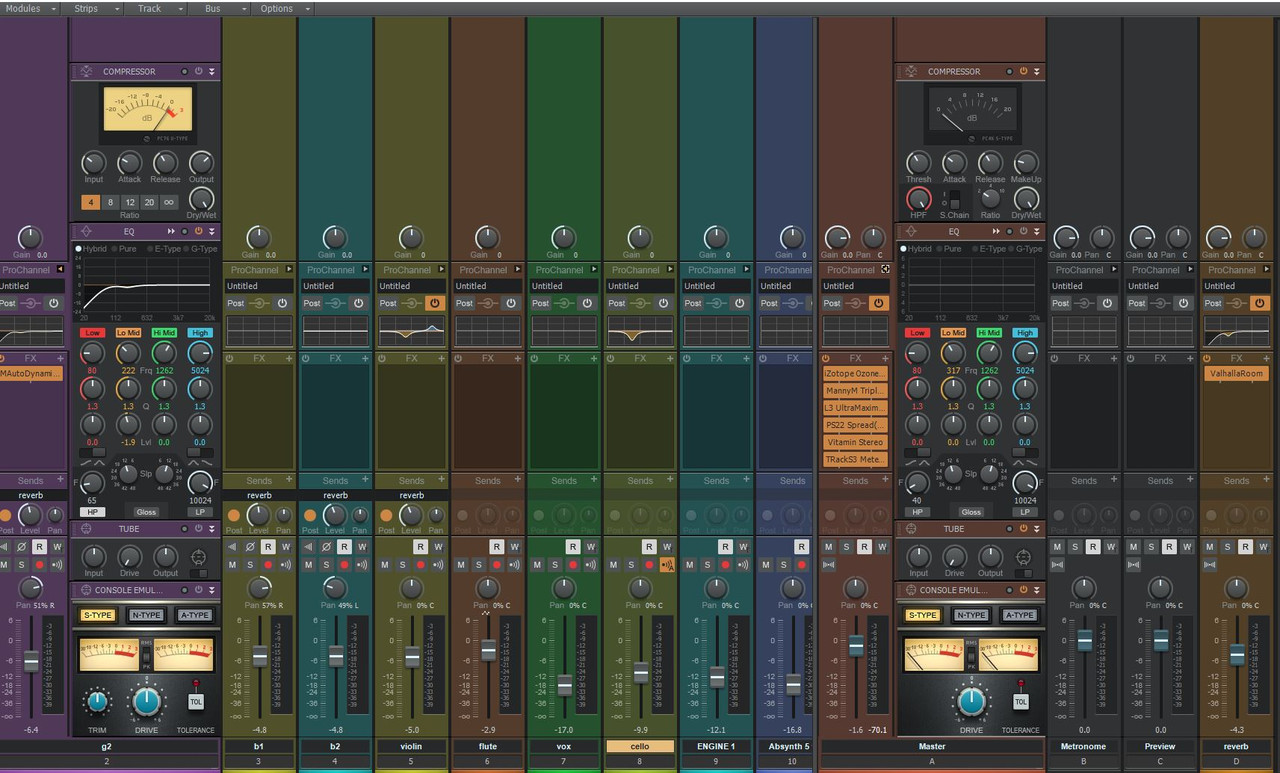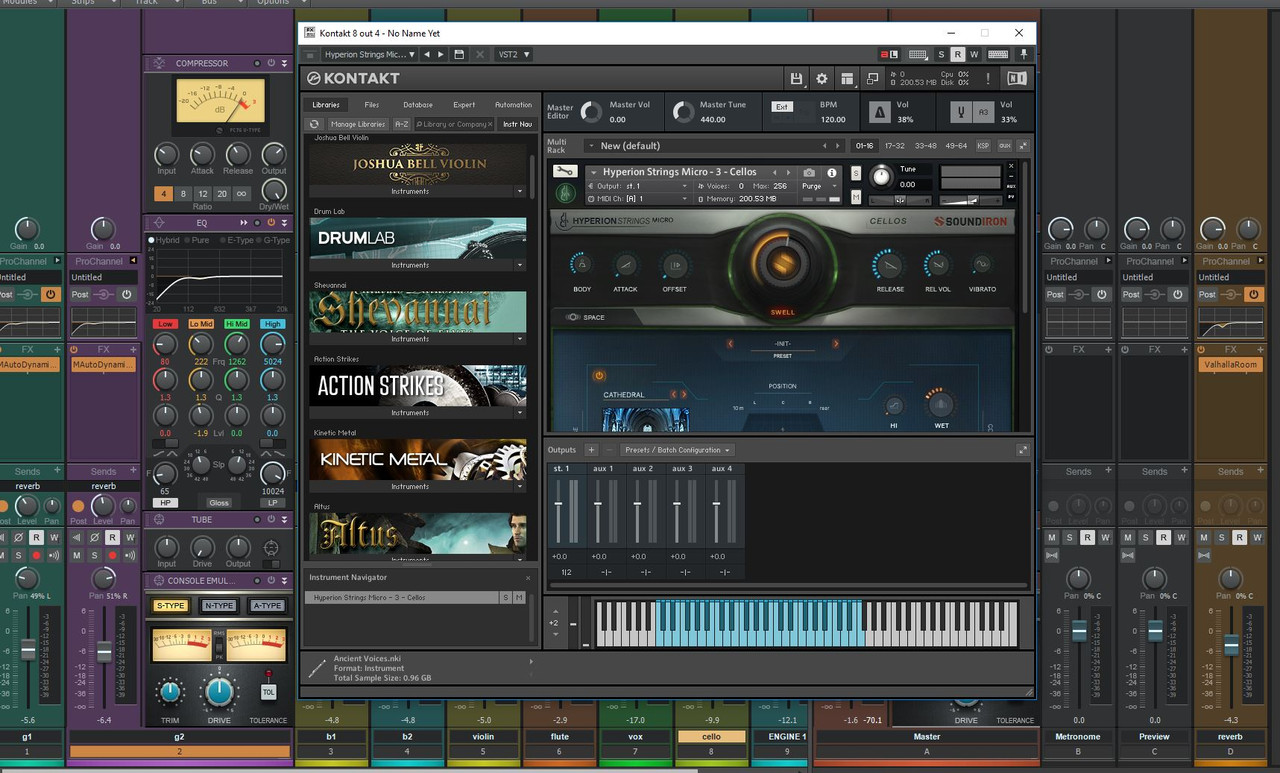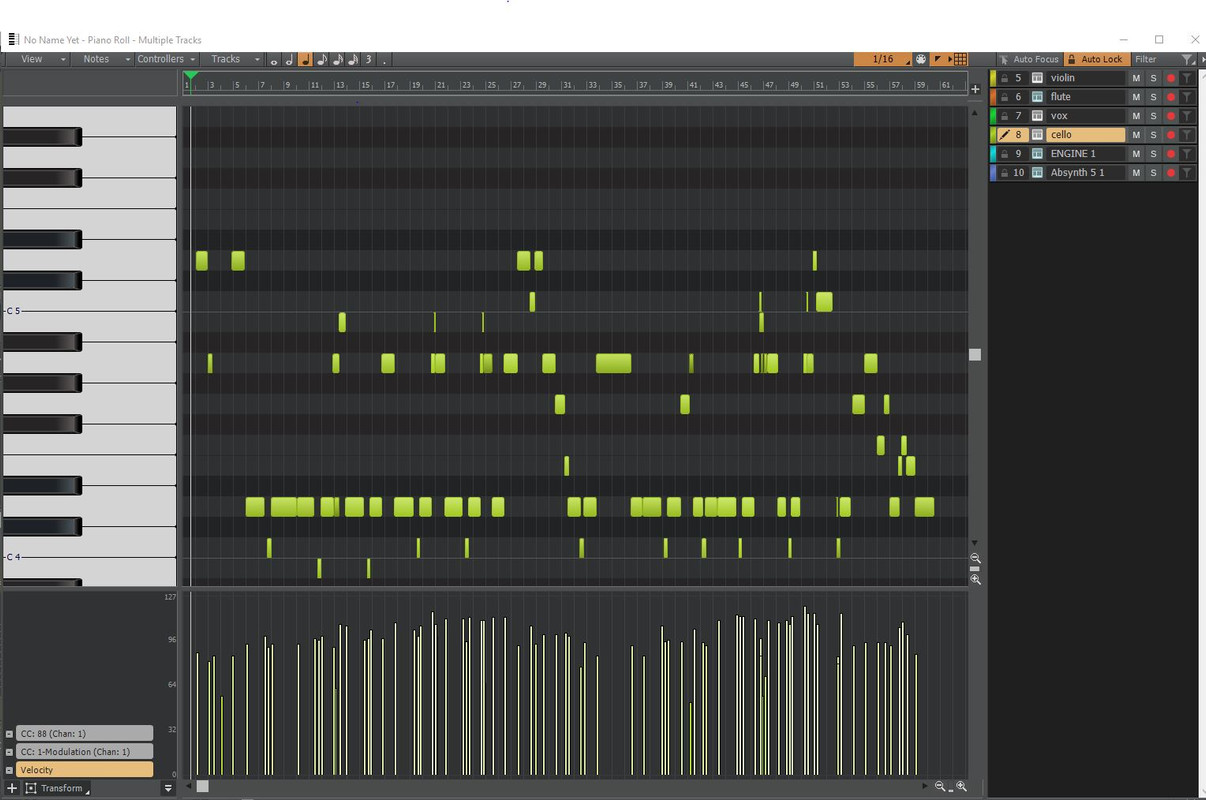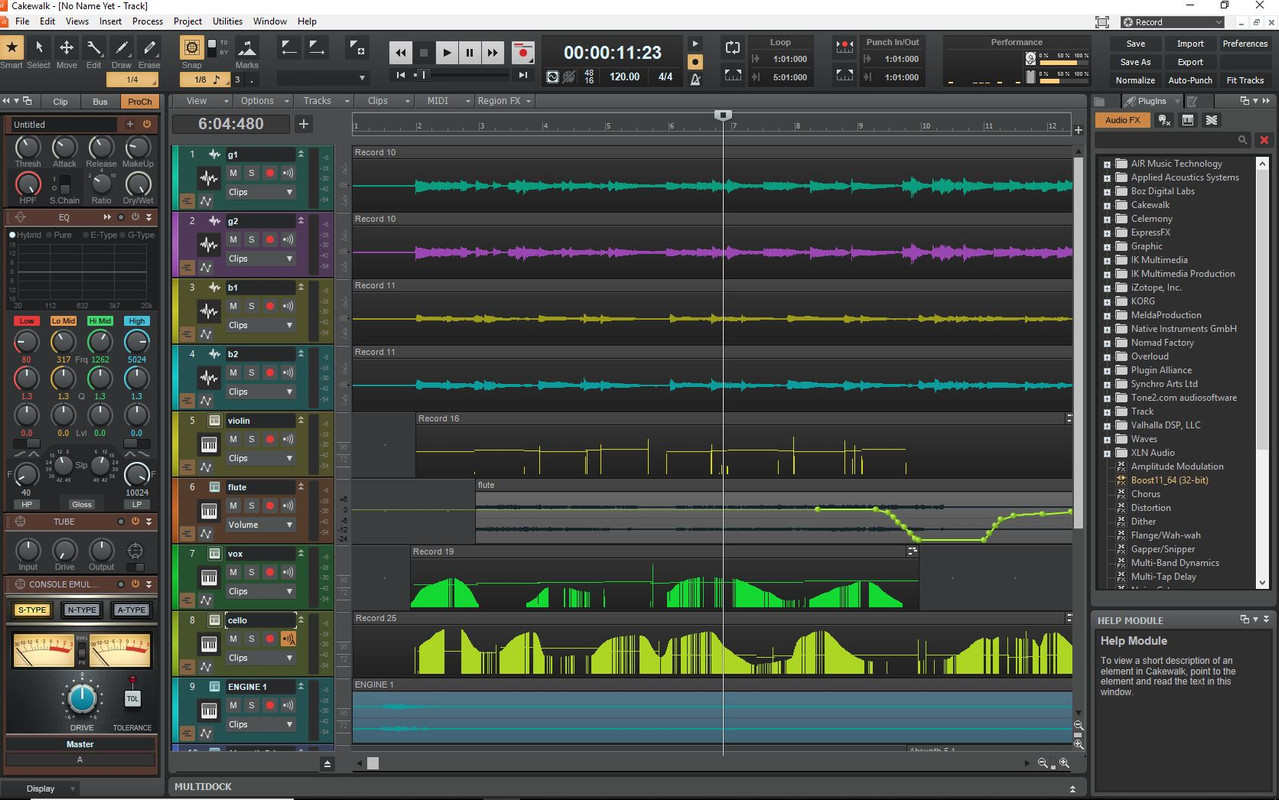FWIW, It's only been more recently that the native version of ProTools has caught up with some of the better features in other native DAWs.dellboy wrote:
Not so long ago it would have been compulsory to mention ProTools in a list like this one.
- 32Bit Float file support
- Per-clip EFX
- Realtime Fades
- Hybrid Buffering
- 64Bit Application









